Storytelling and Democracy learning combined in a dice game – how does that work? After 2 years of intense brainwork testing we can assure: storytelling and dice games work pretty well for learning Democracy. Together with Amanda Warner and the game developers team from our Erasmus + project DemoGames – the Democracy Learning Box we are proud to present DemoDice.

Dice-based storytelling
From 1 to 10 players reflect and exchange their experience with democracy, as well as their desires and ideas for a more democratic future. The standard set includes 9 dice with six symbols each.
- Three dices on democracy as a political system (participation, rule of law, basic/human rights),
- Three dices on individuals and interactions (actors, emotions, power relations),
- Three dice on contextual factors (social policy areas, places, challenges and threats to democracy).
- Special dice are available on sustainability and the pandemic.
The game can be played with or without more detailed information about the symbols and its various meanings.
Test it:

Install Apple Store | Google Play Store
The free and non-commercial app DemoDice is based on the analogue DemoDice game, which has been developed by DARE member demokrative.
How to play Read the rulebook
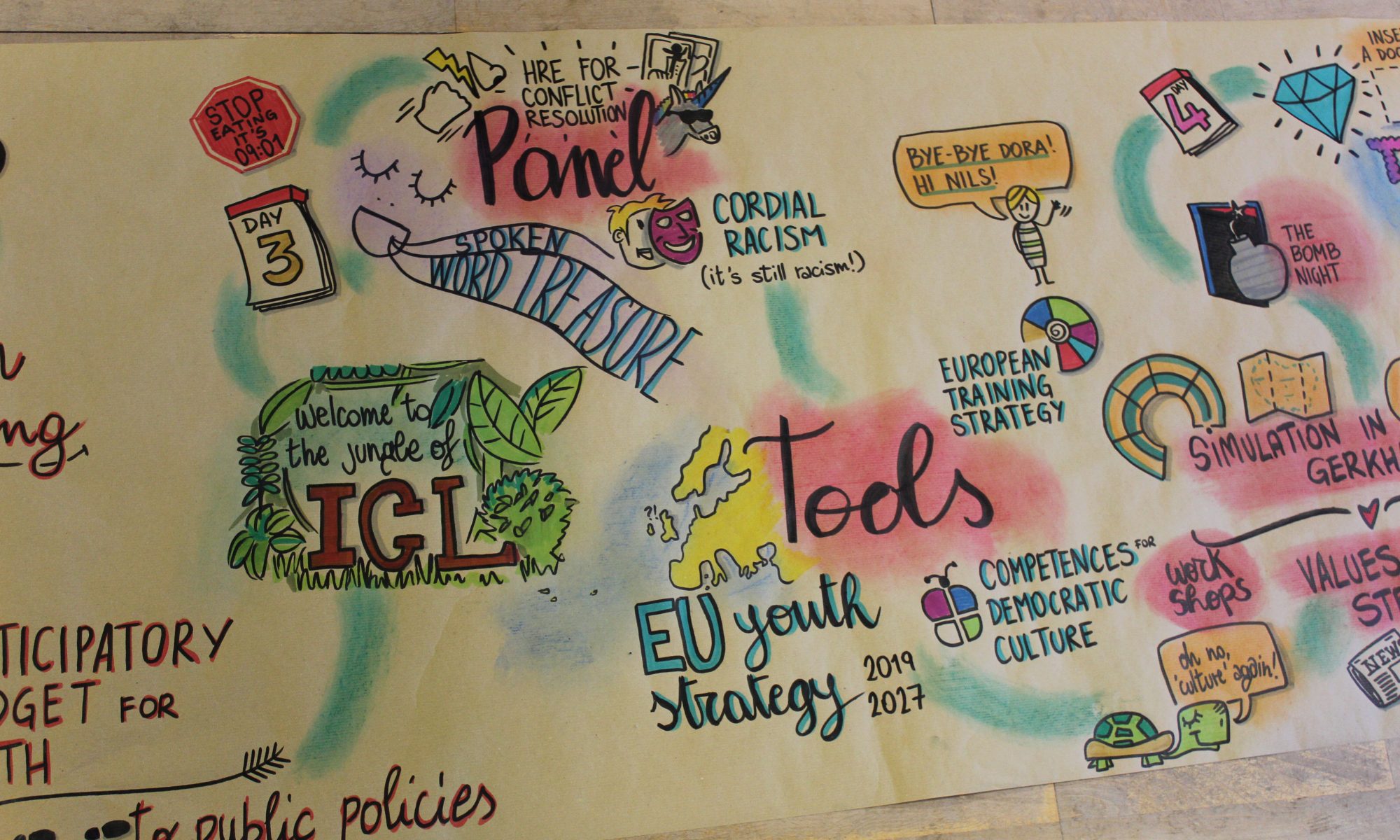
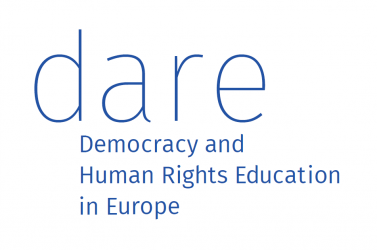
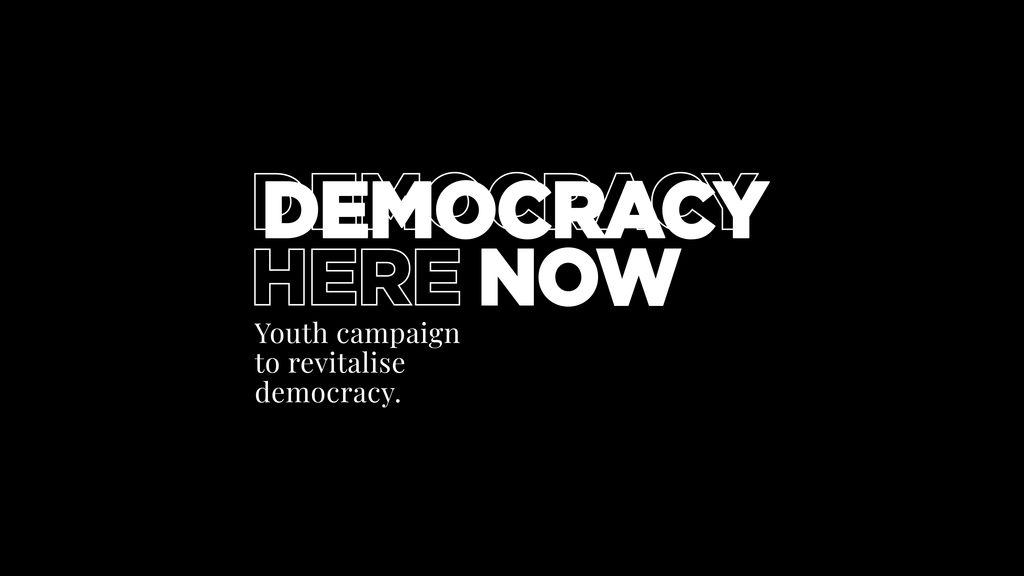
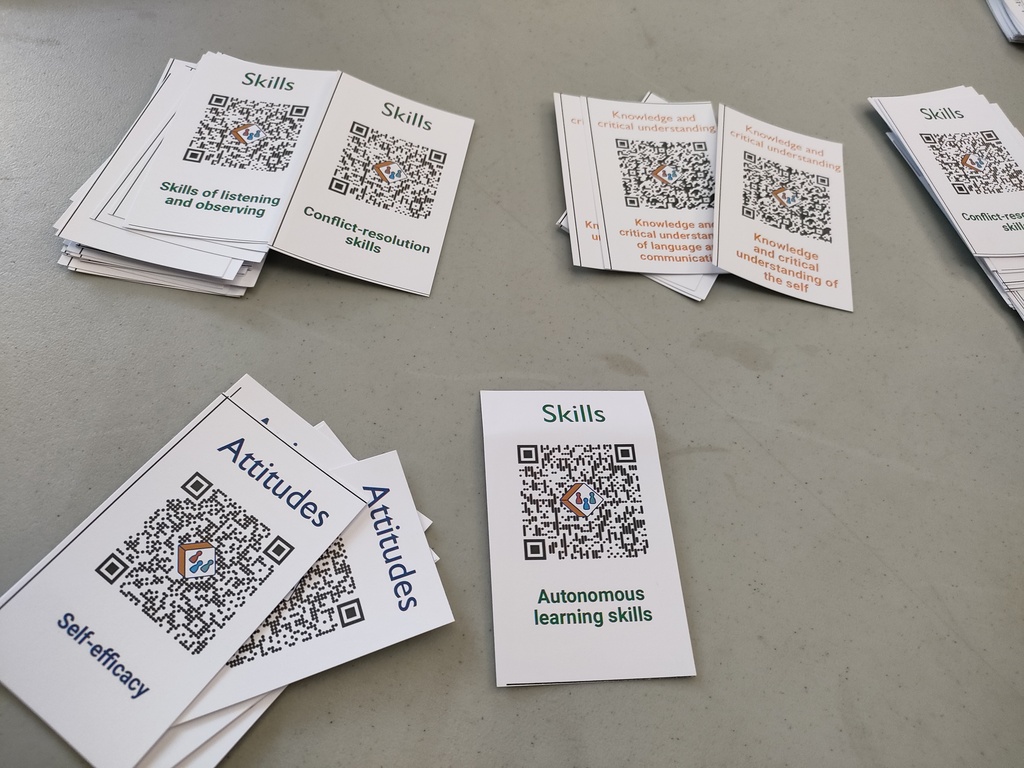
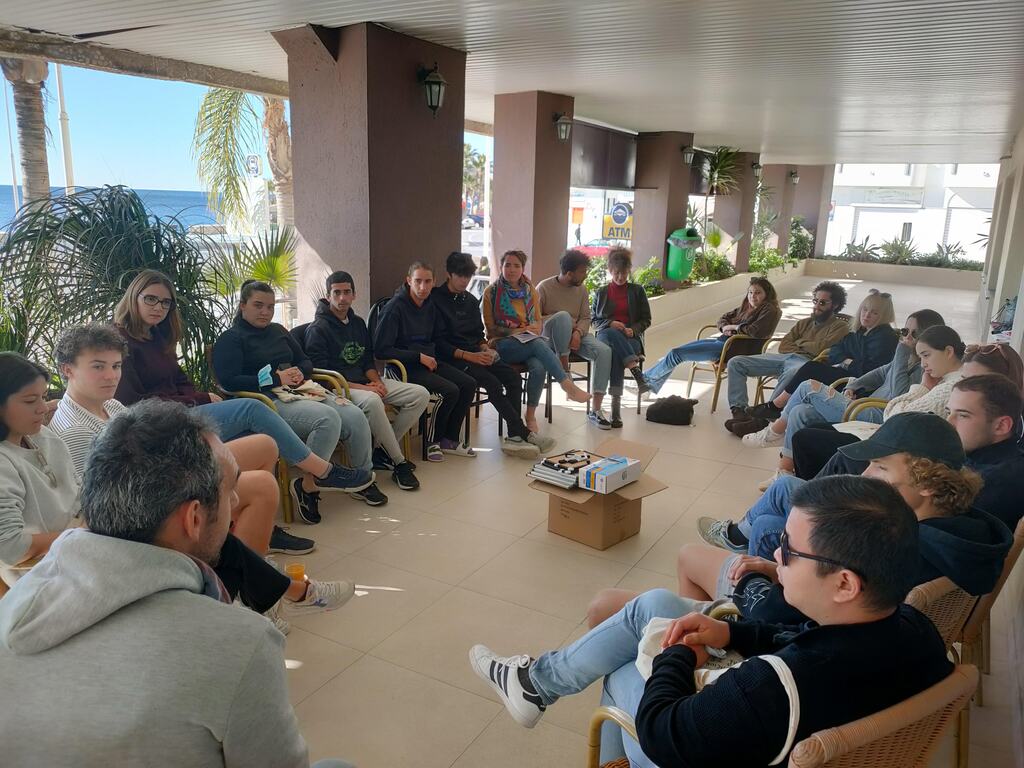
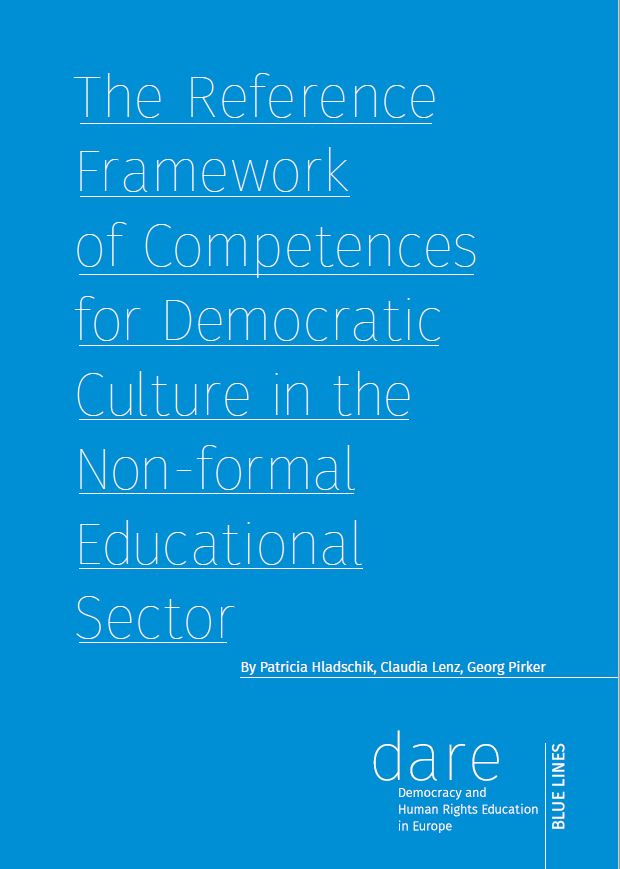
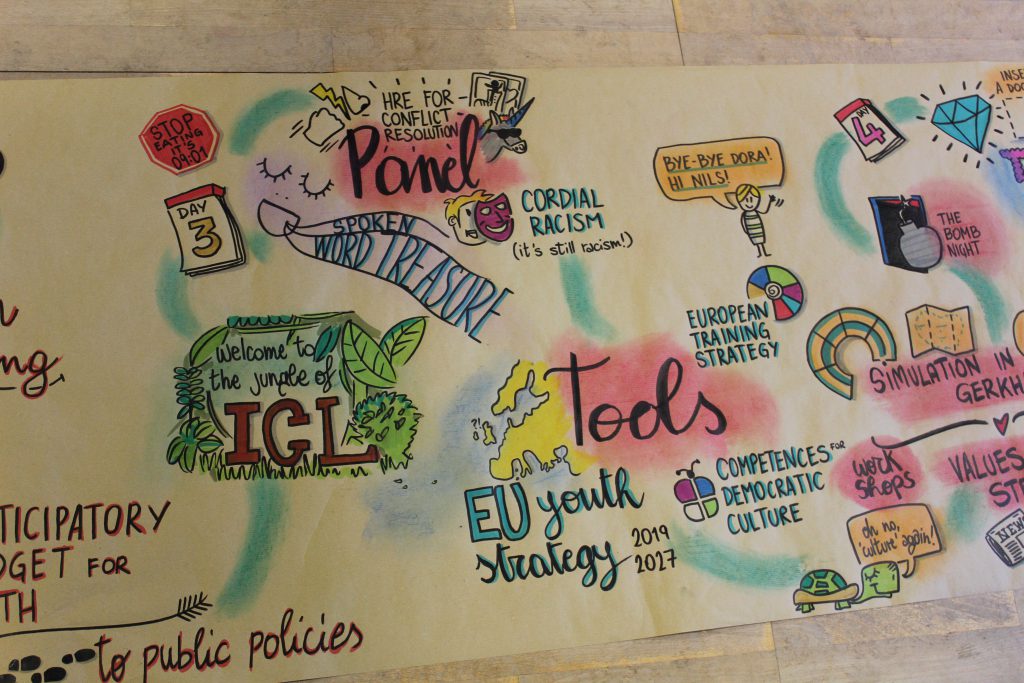
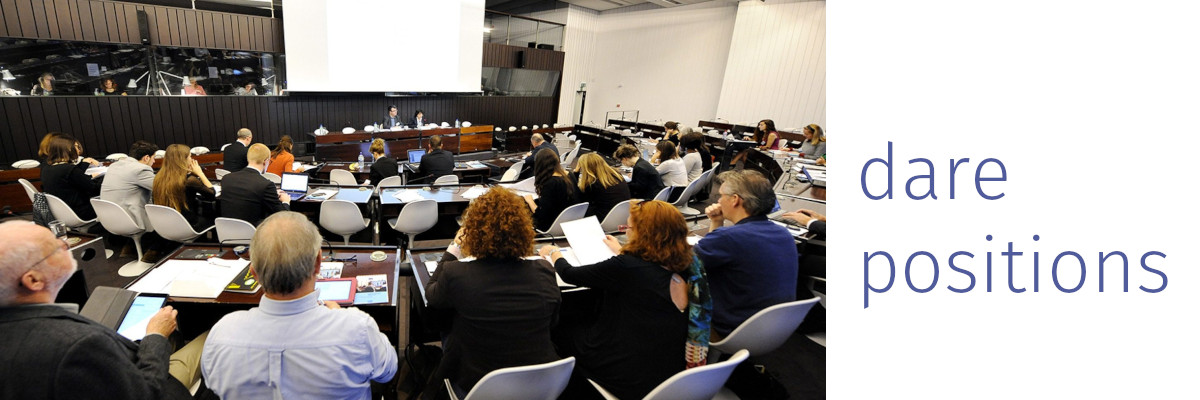
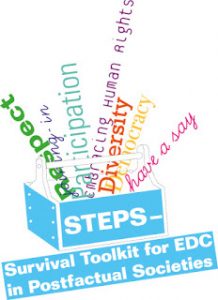
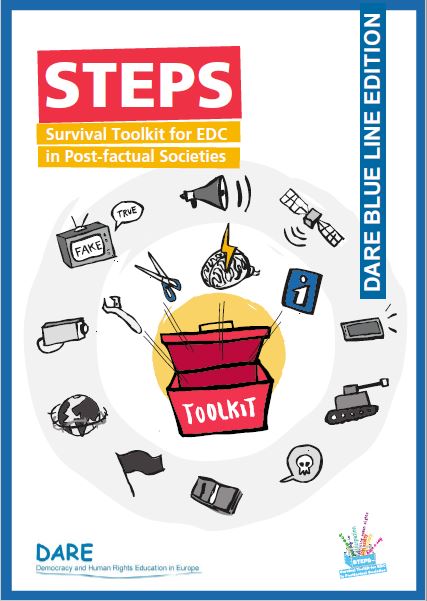
 The first meeting of the STEPS project took place from 08.-11.June 2017 at the youth educational centre
The first meeting of the STEPS project took place from 08.-11.June 2017 at the youth educational centre 